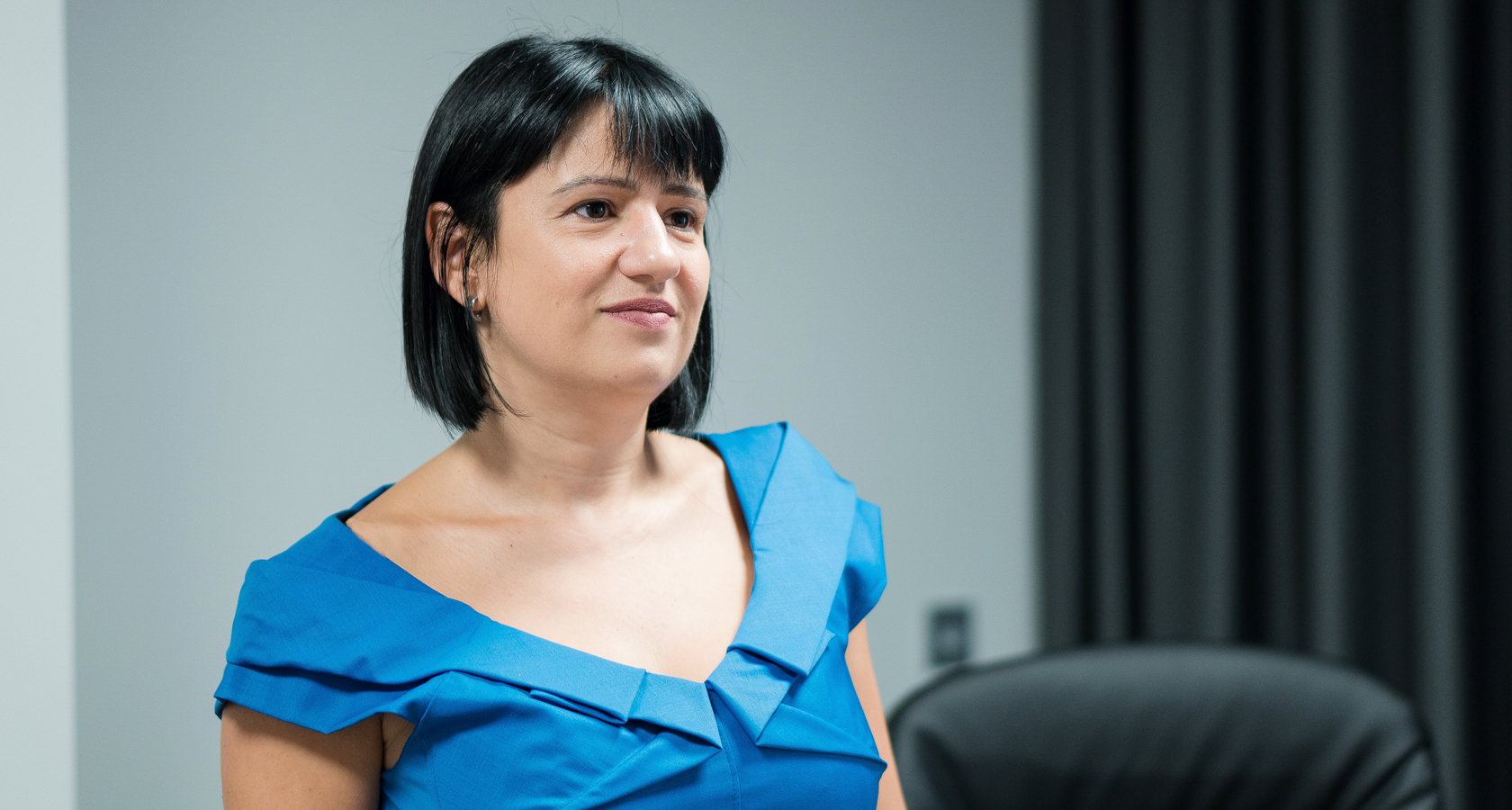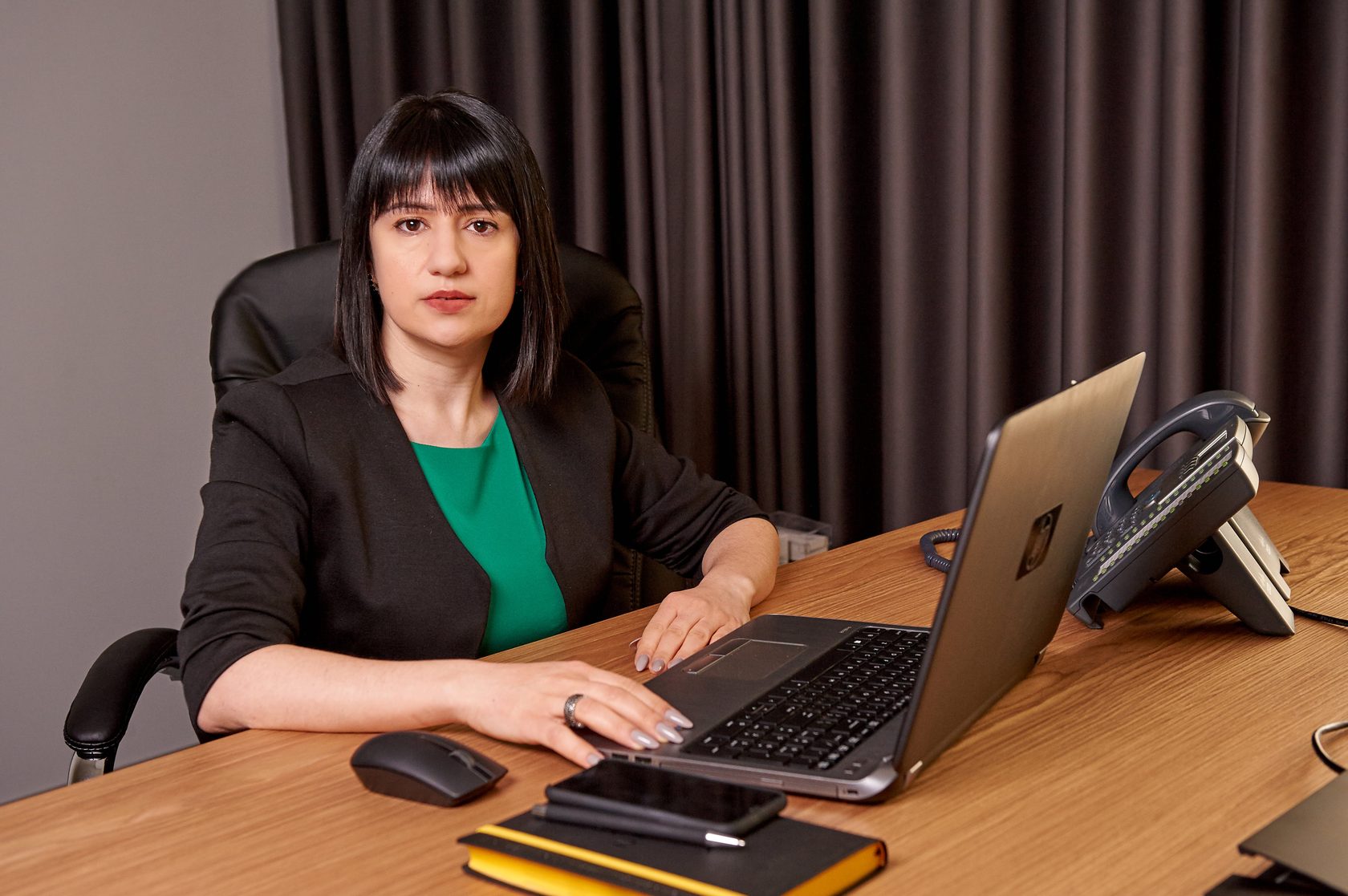— First and foremost, one needs to have a solid history of export shipments to start operating in the terminal. It is the best proof that the company is capable of export campaigns. It also requires sufficient finances. In order to sign a seasonal transshipment agreement, one needs to present a clear plan which will convince the terminal authorities that the company can provide a steady grain flow.
The acceptance area — is a "narrow" space in every port, therefore, the quotas for monthly, quarterly and yearly use of the area are spelled out in the contract. The terminal managers keep a close eye that the quotas are observed to avoid losses. There is no guarantee that the company will not face such problems as bad yields, poor crop quality, working capital shortages, inability to close the deal, volatile prices. However, those are the traders' problems, not the terminal lookout.



